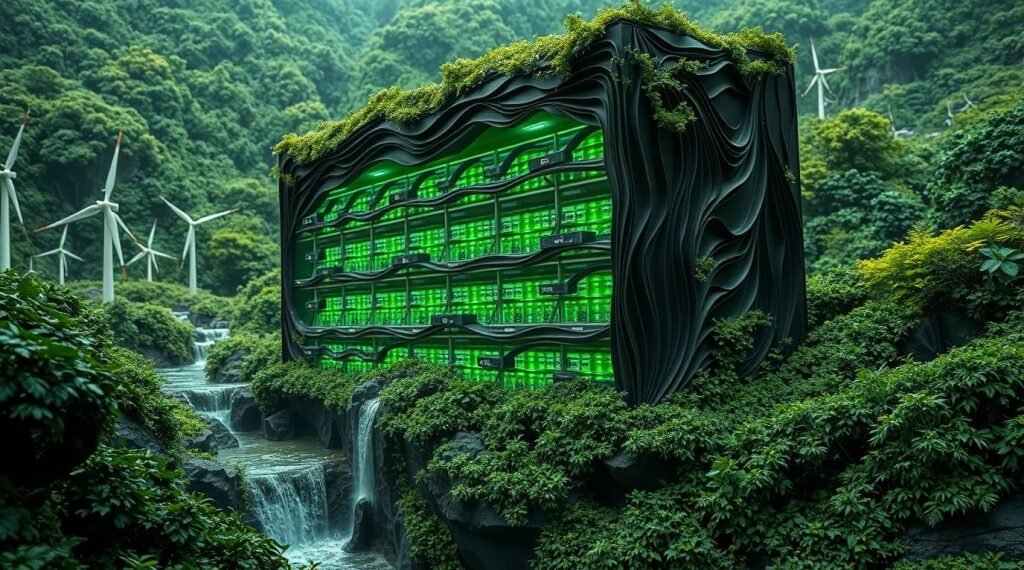Discussions regarding energy and climate have become increasingly complicated by the impact of artificial intelligence on energy usage over the past year. As technology firms rapidly establish new data centers, they have significantly shifted the narrative concerning emissions reduction within the United States.
Brazil recognizes a strategic opportunity in this emerging landscape. While the demand for AI has historically focused on the U.S., Brazilian officials aim to lure technology companies to their country by highlighting its advantageous geographic location as a major South American hub and its supportive policy environment. Most compellingly, nearly 90% of Brazil’s energy originates from renewable sources, and the country possesses a capable transmission network for nationwide electricity distribution.
The importance of this matter was evident in recent discussions among Brazilian officials. “Our message to the world, based on our plan, is that AI [power demand] can be met through the use of renewable energy sources,” remarked Luis Manuel Rebelo Fernandes, Brazil’s deputy minister of science, technology, and innovation, during a panel at the Web Summit in Rio de Janeiro. This strategic investment has led to the ongoing construction of numerous data centers in Brazil, with major technology companies such as Amazon and Microsoft investing billions. This not only holds great importance for Brazil and the Latin American market but also showcases the competitive advantage of clean energy, attracting investments from various sources seeking sustainable production methods.
Brazil’s approach to clean energy has historical roots, having built dams since the late 19th century to support its industrial needs. By the 1960s, Brazil was developing large-scale dams that generated a considerable portion of its electricity, while an extensive transmission network set Brazil apart from the U.S.’s intricate regulatory environment. Notably, this clean grid was not solely the result of an environmental agenda, but it provides a substantial edge as larger corporations pursue climate-related goals.
Nevertheless, challenges remain for Brazil’s electrical infrastructure, particularly as climate change affects water levels, raising concerns about the reliability of hydropower. To address these issues, the Brazilian government is focusing on expanding renewable energy generation alongside the development of data centers. This initiative is central to the $4 billion AI strategy initiated last year, with advancements in high-performance computing being tied to dedicated renewable energy sources, as emphasized by Fernandes. Moreover, private companies like ByteDance are also exploring investments in renewable energy within their own proposed data centers, illustrating the broader trend. While the AI race is currently dominated by the U.S. and China, Brazil’s initiatives and early successes highlight the increasing competitive potential of clean energy in the global market.
The ainewsarticles.com article you just read is a brief synopsis; the original article can be found here: Read the Full Article…


